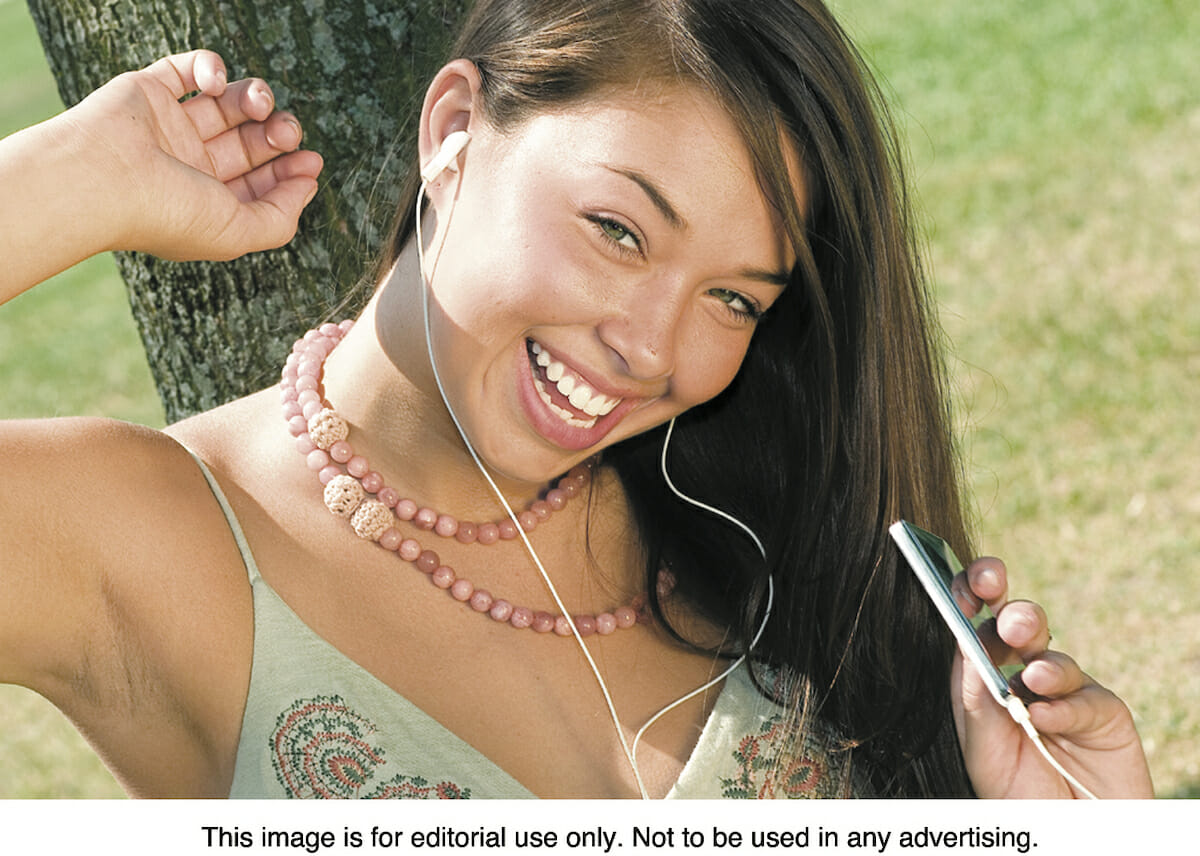As people age, certain ailments or conditions are considered part of the territory. For example, athletes understand the need to start pulling back as they age, altering their training in an effort to ease the toll exercise can take on their bodies. Also, many seniors make sure to drink enough milk as they age to keep their bones strong.
Another ailment or condition adults often expect as they age is a gradual loss of hearing. While hearing loss is widely considered a product of old age, young people— adults and children included—actually can take steps to protect their hearing long before they’re considering retirement. And it’s important young people do just that. According to the House Ear Institute (HEI), roughly 32.5 million people in the United States alone have a hearing loss, approximately 30 percent of which is a direct result of exposure to excessive noises.
Thought it might seem early for young people to start protecting their hearing, it’s never too early to do just that. The following means to protecting hearing can help bury the misconception that hearing loss is a fact of life when reaching older adulthood.
Take “quiet” breaks. Much like professionals who work at computers all day must take periodic breaks to give their eyes a break, it’s ideal for everyone to take periodic “quiet” breaks to give ears a rest as well. It’s also important to note that ears can be safely exposed to 85 decibels (dB) for up to 8 hours per day. However, the maximum time of safe exposure to 100 dB is just 15 minutes. Though it might not seem much higher, the effects are enormous. When purchasing headphones or other audio products, be sure to research the maximum decibel level.
Don’t purchase front row seats. Concertgoers no doubt love getting as close as possible to their favorite bands. However, doing so can prove very harmful to hearing, even if it’s only done every so often. When near on-stage monitors or amplifiers, position yourself a safe distance away from amplifiers and other speakers. Musicians can even take steps to protect their hearing by practicing below performance levels whenever possible.
Stop going places where raised voices are the norm. Hazardous sound environments are all around us and should be avoided whenever possible. Loud music concerts, construction zones where loud power tools are used regularly and even vehicles traveling at high speeds with the windows rolled down are all hazardous sound environments. A good rule of thumb is to avoid locales where you routinely need to raise your voice to be heard. If you must raise your voice, chances are you’re hurting your ears the longer you are there.
Protect your ears regularly. Ear protection might not be the coolest thing a person can do in terms of looks, but it’s as effective as anything when it comes to protecting your ears. Foam, silicone or pre-molded earplugs are all effective at protecting the ears when in an extreme sound environment. Ear protection products should have a noise-reduction rating (NRR) of at least 9 dB. This should not be a problem, as most products have a minimum NRR of 22 dB. What’s more, technology has helped improve hearing protection products a great deal.
Don’t be patient if you suspect hearing loss. Sudden changes in hearing or suspected hearing loss should immediately report their suspicions or concerns to an otolaryngologist (ENT). Even if it ends up being a passing problem, it’s better to be safe than sorry.
Five signs of hearing loss
Approximately 30% of adults between the ages of 65 and 74 are affected by hearing loss, according to the National Institute on Deafness and Other Communication Disorders (NIDCD). However, since hearing loss is painless and slow to occur, many don’t realize they need a hearing aid. In fact, only one out of five people who could benefit from a hearing aid actually wears one. May is Better Hearing and Speech Month and is a great time to remind readers of the signs they should be on the lookout for when it comes to hearing loss and whether a hearing aid could be beneficial.
Hearing Loss Signs:
Lack of hearing starts to interfere in in your normal way of life
Having trouble understanding people on the phone
Have a hard time following a conversation when two people are speaking at the same time
You misunderstand others when they are talking to you
Family and friends complain that you keep the TV and radio too loud
If you are experiencing any of these symptoms the NIDCD recommends making an appointment with an audiologist. It’s important to remember only a licensed professional can diagnose hearing loss.
For more information on protecting your ears, visit the House Ear Institute Web site at www.hei.org









